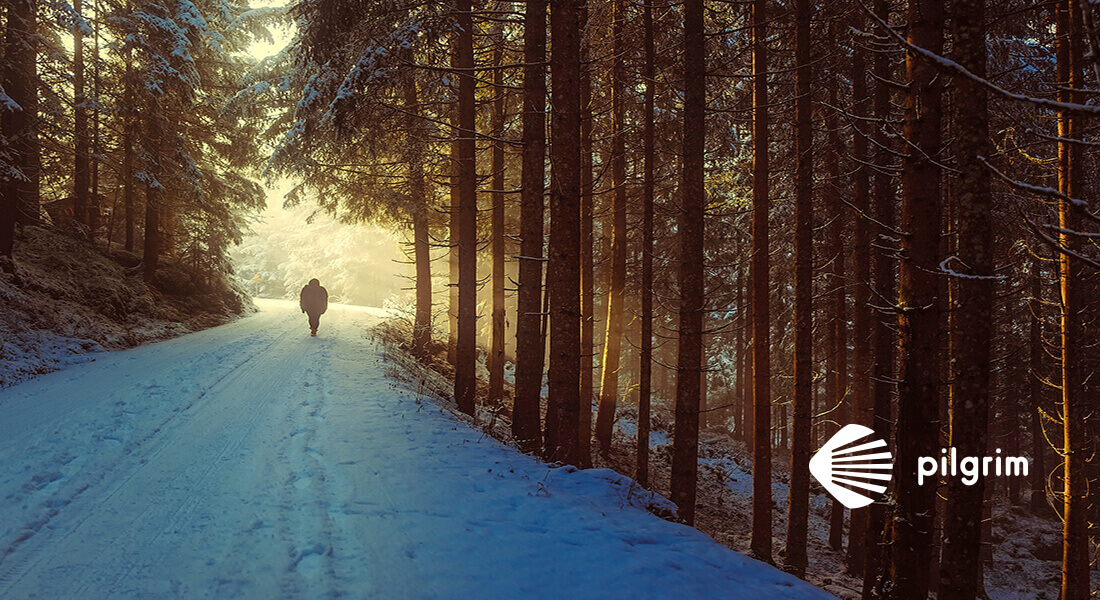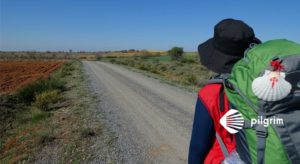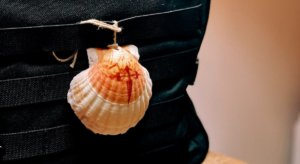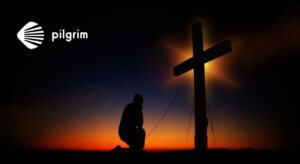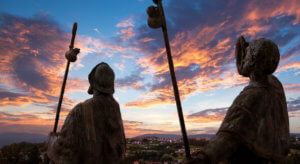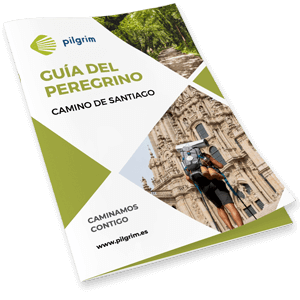The Camino de Santiago is the perfect experience for of the year, however obviously each season has its good points and bad points.
Today we will go through the pros and cons of doing the Camino in Winter, thus helping you to prepare for your adventure at a time of year when you can live the Camino in a completely different way.
YOU MIGHT BE INTERESTED IN: WHAT TO DO IN SANTIAGO DE COMPOSTELA
PROS AND CONS OF DOING THE CAMINO DE SANTIAGO IN WINTER
PROS
- Your pilgrimage will be more intimate and personal, due to the fact that the Camino is not so crowded at this time of year.
- The stars of your pilgrimage will be the solitude, the silence, the peace and the authenticity of the villages.
- You will have time for greater reflection without anything disrupting your steps.
- You can forget about time-tables, as you won’t have to wake up early to ensure your place in a public hostel, and you won’t have to worry about finding anywhere to eat etc. either.
- You can start walking at mid-morning, so that the cold isn’t so harsh.
- You will see a lot fewer pilgrims due to the fact that they are concentrated in the more crowded months, from April to the end of September.
CONS
- The degree of difficulty is directly proportional to how harsh the climate conditions are.
- Your planning must be more thorough, as many establishments will be closed in the winter months.
- You should always bear the climate in mind, as a normal section with snow can become very dangerous.
- You will have more downtime, as because of the cold/rain, you will not be able to see the trails so well and you will have to take shelter in a local bar or read a good book about the Camino.
- In winter there is a higher percentage of accidents, mainly at the beginning of the Camino Francés, due to the adverse weather conditions, which is why from the 1 of November to the 31 of March the first stage is changed to Luzaide-Valcarzos.
- You should be extra careful, as there are fewer hours of daylight and you could get lost.
- Your physical preparation should be better, as it is not the same to go up a middy or icy mountain as it is to go up a dry mountain in favourable conditions.
- The backpack should be bigger (50L is recommended) due to the heavy clothes that will be needed.
EXTRA:
- Boots: Knee-high and waterproof, along with a pair of trainers.
- Gloves: Similar to those for skiing, along with a hat and scarf/neck gaiter.
- T-shirts: Long-sleeved and thermal.
- Trousers: Detachable and waterproof, like your jacket, with thermal leggings beneath.
- Windbreaker: Protect you and your backpack from the rain
- Sleeping bag
- High-vis clothing: For rainy days or bad weather and a spare battery for your mobile in case you get lost.
THE BEST ROUTE TO DO THE CAMINO DE SANTIAGO IN WINTER
Due to the off-peak season, many accommodation options close for their holidays or because of a lack of demand among clients. Because of this, the most complicated aspect of this season, is finding somewhere to sleep.
There are routes that have hardly any services in winter. However there is always one route that has enough to offer so that you can jump into your adventure,the Camino Francés.
This is the best route of the Camino and that which offers the largest number of services, meaning that even though it is winter, you can still find enough resources to be able to walk to Santiago de Compostela.
Although it might appear more difficult to do it in winter than in spring or summer, all the routes are better prepared than they used to be with regards to services at this time of year.
You will enjoy the Camino regardless of the conditions you do it.
Ultreia Pilgrims!
